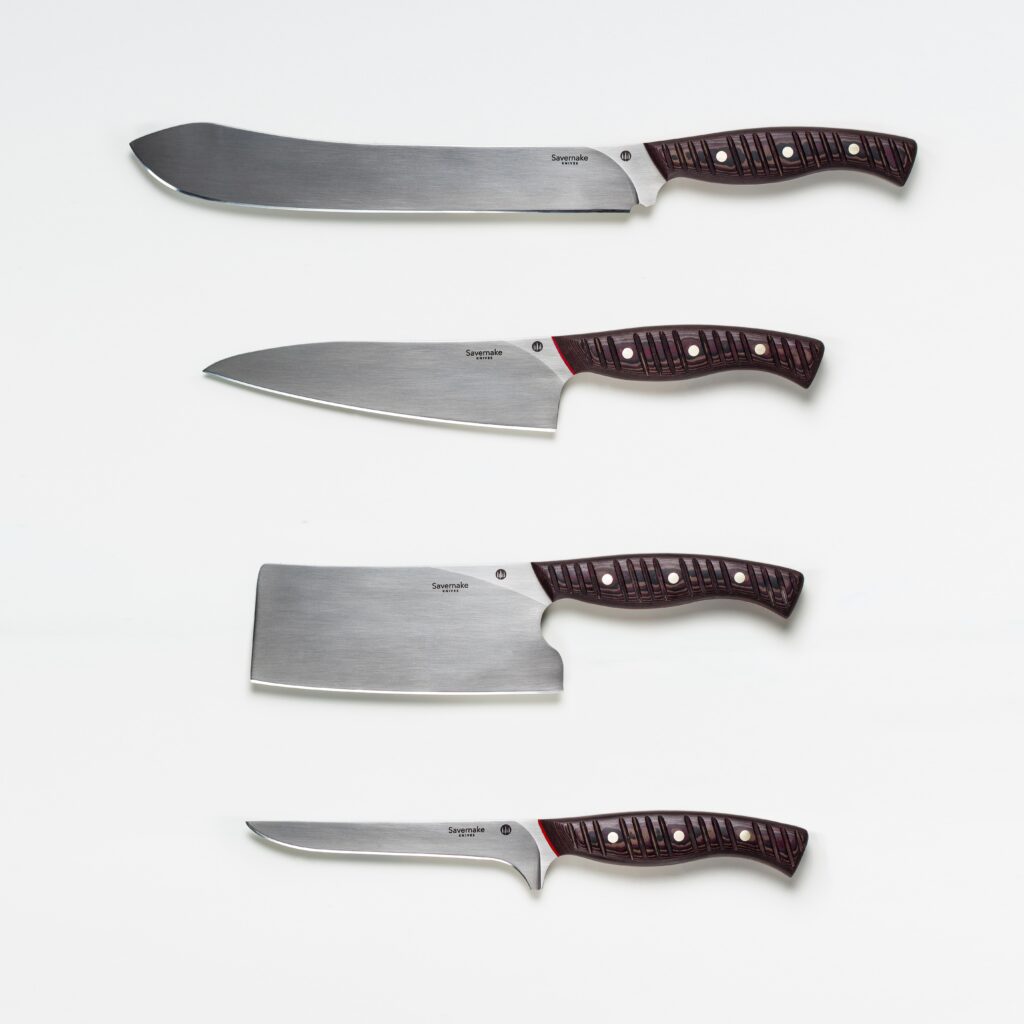California, known for its diverse culture and stringent legal regulations, imposes strict laws regarding the possession and carrying of knives. Understanding these laws is crucial for residents and visitors alike to avoid legal complications and ensure compliance with state regulations.
Understanding California Knife Laws
In California, the legality of carrying a knife depends on various factors, including the type of knife and the manner in which it is carried. Different categories of knives, such as pocket knives, switchblades, and fixed-blade knives, have distinct regulations governing their possession and usage. Additionally, the distinction between concealed and open carry plays a significant role in determining the legality of knife possession.

What the Law Says
California Penal Code outlines specific statutes related to knife possession and carrying. These statutes define the permissible blade length for various types of knives and prohibit the possession of certain types of knives, such as switchblades and gravity knives. Moreover, individuals must adhere to restrictions on carrying knives in certain locations, such as schools, government buildings, and public transportation facilities.
Exceptions and Exemptions
While California’s knife laws are strict, there are exceptions and exemptions that allow individuals to carry knives under certain circumstances. For example, individuals may carry knives for legitimate purposes such as work, recreational activities, or self-defense, provided they comply with relevant regulations. However, even in these cases, individuals must exercise caution to avoid violating any laws inadvertently.
Consequences of Illegal Knife Possession
Violating California’s knife laws can lead to severe legal consequences, including fines, probation, and imprisonment. Law enforcement agencies actively enforce these laws, and individuals found in possession of illegal knives may face criminal charges. Therefore, it is essential for individuals to familiarize themselves with the relevant statutes and regulations to avoid legal repercussions.
Legal Defense Strategies
In the event of facing charges related to illegal knife possession, individuals have various legal defense strategies at their disposal. These may include proving lawful intent, challenging the legality of the search and seizure, or demonstrating compliance with exemptions outlined in the law. Consulting with a knowledgeable attorney is advisable to explore the best defense options in such situations.
Recent Updates and Changes
California’s knife laws may undergo amendments and revisions over time. It is essential for residents to stay updated on any recent changes to ensure compliance with the most current regulations. Legislative updates may impact the legality of certain knives or modify existing restrictions, necessitating vigilance on the part of knife owners.
Practical Tips for Knife Owners
To avoid inadvertent violations of California’s knife laws, knife owners should adhere to practical tips and guidelines. These include safely storing knives when not in use, exercising caution when transporting knives, and avoiding carrying knives in restricted areas. By adopting responsible practices, individuals can minimize the risk of legal complications.
Public Perception and Misconceptions
Public perception of knife laws in California may vary, leading to common misconceptions about their legality and enforcement. Clarifying these misconceptions and dispelling myths surrounding knife laws is essential for promoting accurate understanding and compliance among the general public.
Comparative Analysis with Other States
When considering knife laws, it is informative to compare California’s regulations with those of neighboring states. Contrasting legal frameworks can highlight differences in approach and provide valuable insights into the broader landscape of knife legislation across the United States.
Impact on Daily Life
The impact of knife laws extends beyond legal considerations and affects various aspects of daily life. From outdoor activities to professional occupations, individuals must navigate California’s knife laws to ensure legal compliance while pursuing their interests and livelihoods.
Resources for Further Information
For individuals seeking comprehensive information on California’s knife laws, various resources are available, including official government websites, legal publications, and expert consultations. Accessing reliable sources can help individuals stay informed and make informed decisions regarding knife ownership and usage.
Conclusion
In conclusion, understanding the legal intricacies of carrying a knife in California is essential for residents and visitors alike. By familiarizing themselves with relevant statutes, adhering to legal requirements, and adopting responsible practices, individuals can avoid legal complications and ensure compliance with state regulations.
Are pocket knives legal in California?
Pocket knives with blades of a certain length are generally legal in California for everyday carry, but certain types may be restricted.
Can I carry a knife for self-defense in California?
While individuals may carry knives for self-defense purposes, they must do so within the bounds of the law and avoid using excessive force.
What should I do if I’m stopped by law enforcement while carrying a knife?
If stopped by law enforcement while carrying a knife, it is advisable to remain calm, comply with officers’ instructions, and assert one’s rights respectfully.
Are there any age restrictions for carrying a knife in California?
California law does not specify a minimum age for carrying knives, but minors may face additional restrictions and regulations.
Can I carry a knife in my car in California?
Carrying a knife in a vehicle in California is legal, provided it complies with relevant regulations and is not concealed unlawfully.
